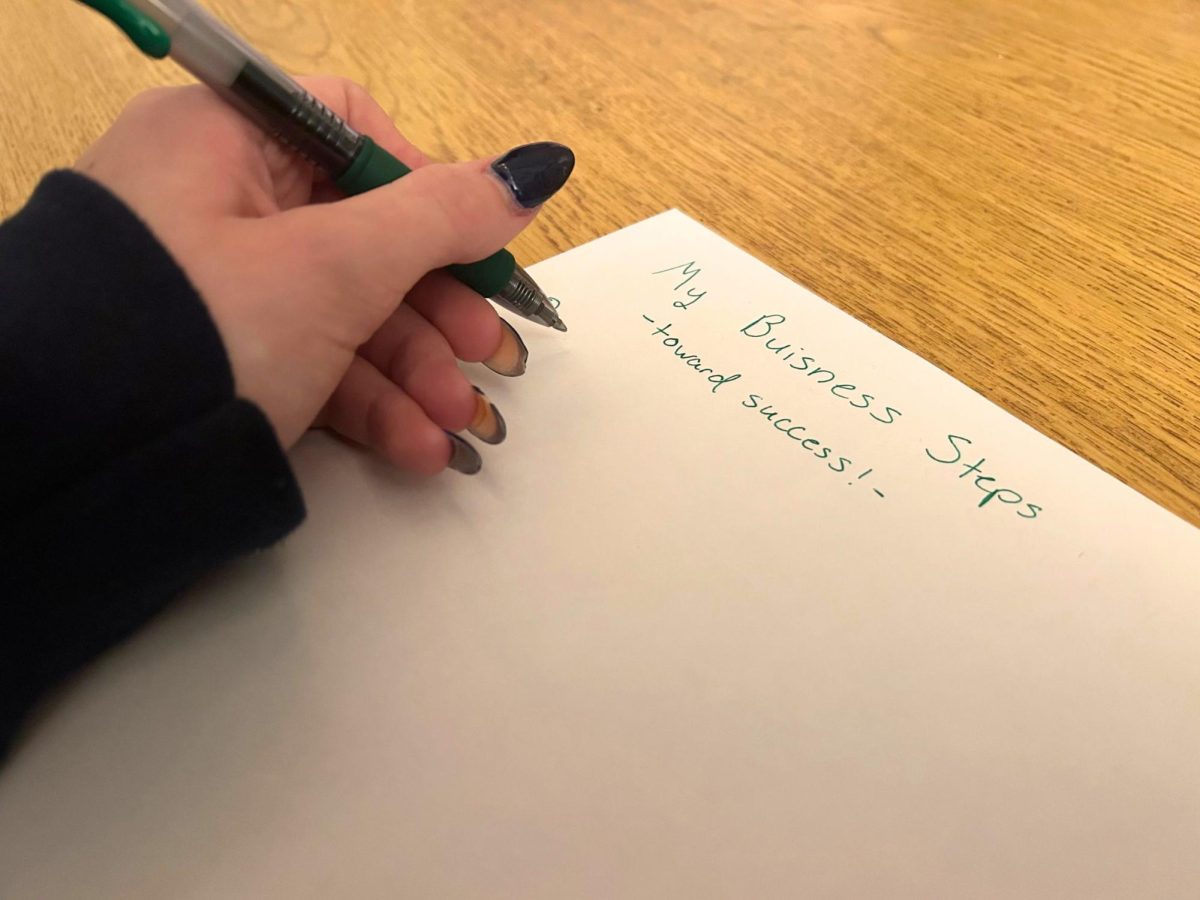Hearing “y’all” or “I reckon” might disappear from Georgia’s vocabulary in the next decade. According to a research study conducted by Georgia Tech and the University Of Georgia (UGA), the notable Georgia accent has started to fade away due to Gen Z dialects. Words like “fam” instead of “family” or “bussin” instead of “delicious” may become more apparent in upcoming years.
The southern accent originated in the mid-1700s when British traders started dropping the “r” from their words as a distinction from their economic class. The extinction of “rs” from words appears highly prevalent in states such as Massachusetts, New York and New Jersey. Enslaved Africans helped shape the current Southern accents due to their distinct vocabulary. Thousands of Africans arrived at southern plantations in the 1700s and did not know English. Parts of the English that they did learn contained their own interpretation. This accent exists in southern states such as Georgia, North and South Carolina, Tennessee, Alabama and Florida.
The UGA and Georgia Tech have found a rapid shift in the classic Georgia accent amongst generations in a joint research study. In a pool of white Georgians born from the late 19th century to the 2000s, the researchers recorded audio of them as they said “prize” and “face” to determine the differentiation in pronunciation. They found that college students do not sound like their Georgia-native parents. The researchers do plan on replicating this experiment with Black Georgians instead.
“We found that, here in Georgia, white English speakers’ accents have been shifting away from the traditional Southern pronunciation for the last few generations. Today’s college students don’t sound like their parents, who don’t sound like their own parents. We had been listening to hundreds of hours of speech recorded in Georgia and we noticed that older speakers often had a thick Southern drawl, while current college students didn’t,” Margaret Renwick, associate professor in UGA’s Franklin College of Arts and Sciences’ Department of Linguistics said.
This change in the Georgia accent shows the impact of cultural and social influence amongst newer generations. The younger generation will likely continue to influence the Southern accent in Georgia. Theories of accent adaptation derive from the theory that people like to conform. Accents can become contagious and hard to steer away from.
“The southern accent probably is fading away. I don’t hear the Southern accent nearly as much as I used to. I think computers have changed everything and I grew up in the country on a farm and that’s where I gained my southern accent. You don’t see that area around anymore and it is very city-like now,” Assistant Principal and Athletic Director Matt Williams said.





















